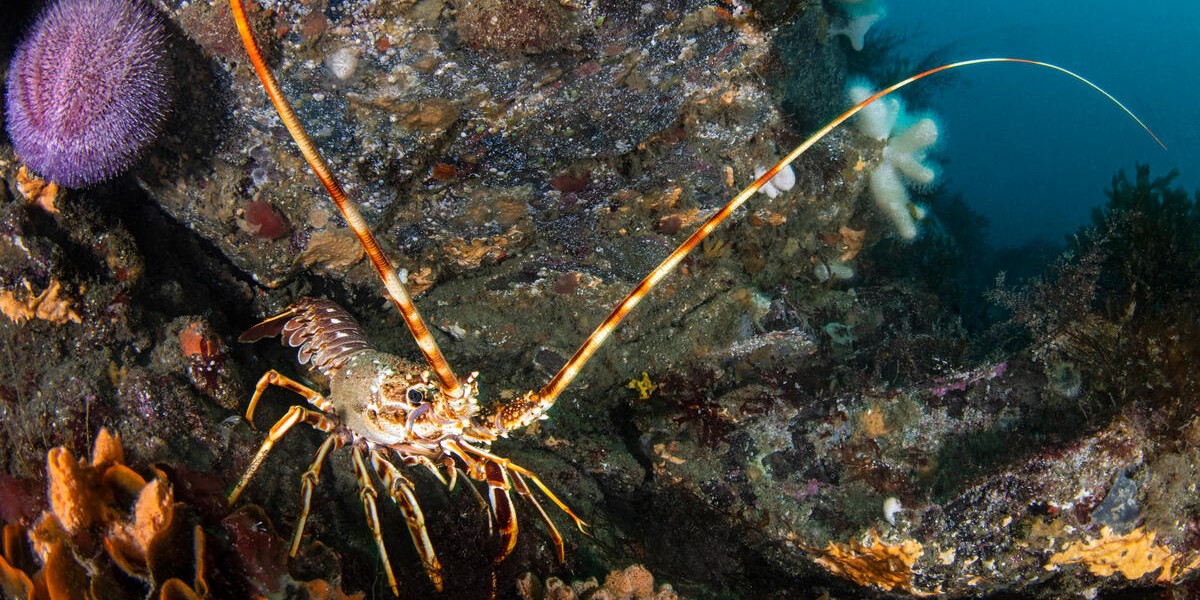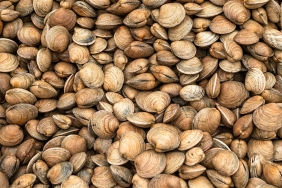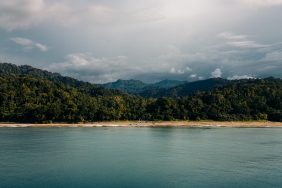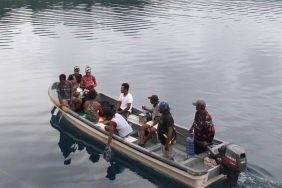FOR BETTER SHELLFISH MANAGEMENT, KPI AND WWF HOLD WORKSHOP IN SURABAYA
By Windy Rizki
The Indonesian Women's Coalition (KPI) accompanied by WWF-Indonesia held a consultation on shellfish management on Thursday (26/6) in Surabaya. Inviting extension workers from BKP3 "Badan Ketahanan Pangan dan Pelaksana Penyuluhan" Sidoarjo, fishermen, members of the Surabaya Marine and Fisheries Agency (DKP), Sidoarjo DKP, and academics, the consultation was held in the form of a workshop as one of the efforts to manage sustainable fisheries in Indonesia.
The workshop was divided into two sessions. The first session was a seminar entitled "The Condition of Shellfish Fisheries in Sidoarjo and Surabaya" presented by Kustiawan Tri P., M.Vet. from Airlangga University. In his session, Kustiawan explained the results of research on the biology, morphology, ecology and habitat of mussels. From this research, it was found that the clams taken by fishermen were mostly juveniles, less than 2 years old, so they had not had time to reproduce. This has led to a decline in stocks.
Meanwhile, according to Kustiawan, the mercury content in shellfish that is often feared by the public is actually still normal, but the cadmium content is quite high. Please note that cadmium is a kind of chemical element in the form of metal that causes nausea when consumed. However, this can be minimized by soaking the shellfish in water mixed with citrus/vinegar in raw conditions.
In addition to metal content, the size of mussels in Kenjeran is larger than those in Sedati. This is due to the use of different fishing gear. In Kenjeran, clams are caught by hand so that the selection of clams is more selective and does not damage other biota, while in Sedati using a tool called scratching which has the potential to catch juvenile clams.
The next session continued with a presentation from WWF-Indonesia on the status of shellfish stocks in Surabaya using the PSA (Productivity Susceptibility Analysis) method. The results of the PSA analysis showed that Kenjeran and Sedati have high productivity, but also high vulnerability due to unselective harvesting.
After both presentations were completed, discussions were held from the previously divided groups. The discussion, which aimed to discuss clam management strategies in Surabaya, resulted in several recommendations, including giving awards (incentives) to fishermen who diligently record logbook, making Village Regulations (PERDES) on recording logbook, enforcing rules regarding the use of environmentally friendly fishing gear, imposing sanctions on violators, and further management of clams (waste treatment, diversification, and reduction of heavy metals and bacteria).
The recommendations will be sent and consulted to fishermen and stakeholders. The recommendations are also expected to become a legally binding regulation on mussel fisheries management in Sidoarjo and Surabaya.





